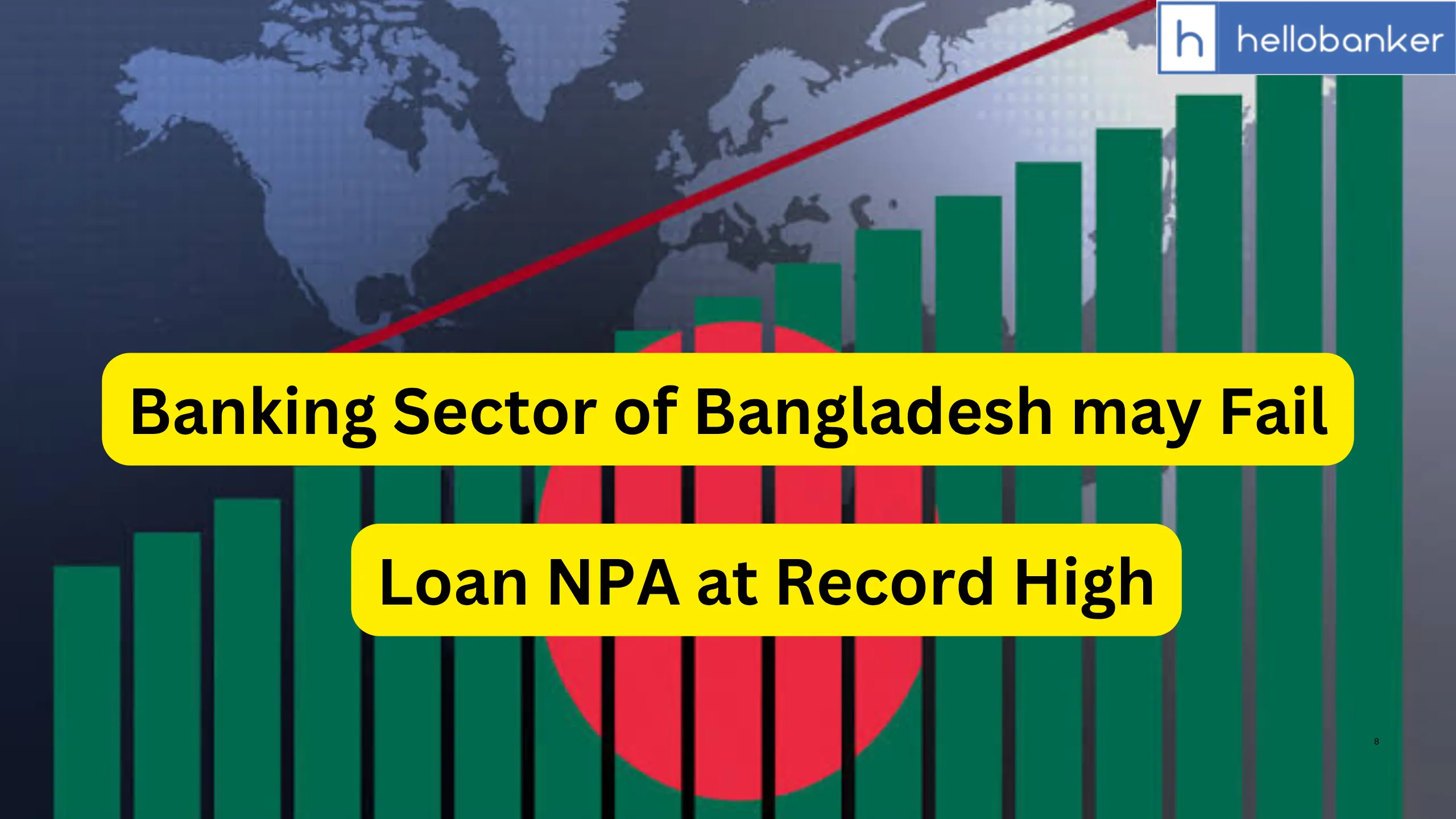Bangladesh’s banking system is facing serious trouble as the number of unpaid and defaulted loans continues to rise. According to data released by Bangladesh Bank, the amount of defaulted loans reached 24.13% of all loans by March 2025, compared to 20.20% in December 2024. This means that nearly one in every four loans given by banks is not being paid back on time.
Across the country’s 61 scheduled banks, the total value of bad loans (loans that borrowers have stopped repaying) has gone up to over 4.20 lakh crore Bangladeshi Taka. This is a huge amount and shows how serious the financial situation has become in the banking sector.
Another worrying sign is the increase in net classified loans, which has now reached 15%. These are loans that are officially marked as defaulted after failing to meet repayment terms. This high number means that banks do not have enough reserves or backup funds to handle the losses, making the system more vulnerable.
In addition, the provision shortfall (the gap between what banks are supposed to set aside for bad loans and what they have actually kept) has widened to 1.70 lakh crore Taka. This shortfall is dangerous because it shows that banks are not financially prepared to absorb these losses. The provision coverage ratio, which shows how much of the bad loans are covered by these backup funds, has dropped to just 37.97%, which is considered very low and risky.
The situation is even worse in state-owned banks, where almost 46% of all loans are in default. This means nearly half the money they lent out is not being repaid. These government-owned banks are facing the highest pressure and are contributing the most to the growing financial crisis.
Experts and economists are warning that if this trend continues, it will create even more problems. Banks may become unwilling or unable to give new loans, which can harm businesses, stop job creation, and affect the overall economy. They are also concerned that people may lose trust in the banking system, which is essential for economic growth and development.
Bangladesh’s banking sector is in a very fragile state, and urgent steps are needed to control the rising number of loan defaults. Without strong action, the entire financial system—and the country’s economy—could face serious risks in the near future.
